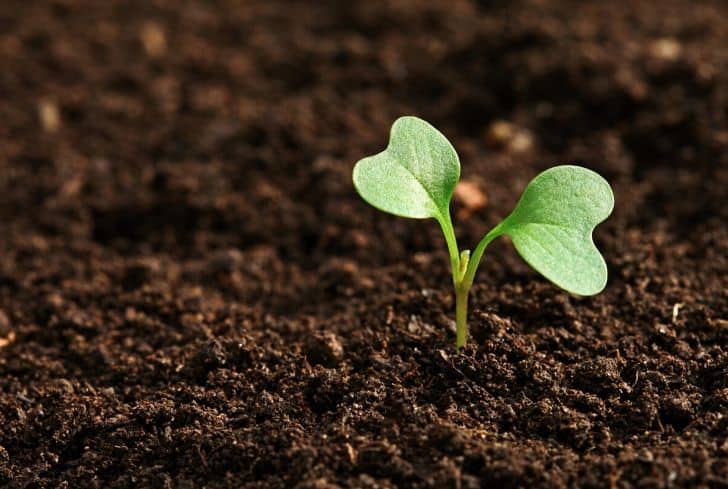Importance of fertility soil ( fertility soil )

Soil fertility stabilizers are products that help to maintain and improve the nutrient levels in soil. They can be used in both agricultural and horticultural settings, and are designed to provide a steady supply of nutrients to plants over an extended period of time.
One of the key benefits of using a soil fertility stabilizer is that it can help to reduce the need for frequent fertilization. This not only saves time and money, but also helps to minimize the environmental impact of excessive fertilizer use. Additionally, soil fertility stabilizers can help to improve the overall health and productivity of plants, leading to increased yields and a higher quality product.
There are many different types of soil fertility stabilizers available on the market. Some are designed to be applied as a granular or liquid fertilizer, while others are incorporated into the soil at the time of planting. Some popular options include:
Organic soil fertility stabilizers: These are made from natural sources such as bone meal, blood meal, and kelp. They are a great choice for organic farmers and gardeners, as they are free of synthetic chemicals.
Slow-release fertilizers: These are specially formulated to release nutrients over a prolonged period of time. They are ideal for use in areas with low rainfall or where irrigation is not possible.
Biofertilizers: These are live microorganisms that are applied to the soil to promote plant growth. They are known to be highly effective at improving soil fertility, and are often used in combination with other types of fertilizer.
When selecting a soil fertility stabilizer, it is important to choose one that is specifically formulated for the type of plants you are growing. Additionally, be sure to follow the manufacturer’s instructions for application rates, as using too much can be harmful to plants.
Overall, using a soil fertility stabilizer is a great way to ensure that your plants have the nutrients they need to thrive. With the right product, you can reduce the need for frequent fertilization, improve the health and productivity of your plants, and increase your yields.
